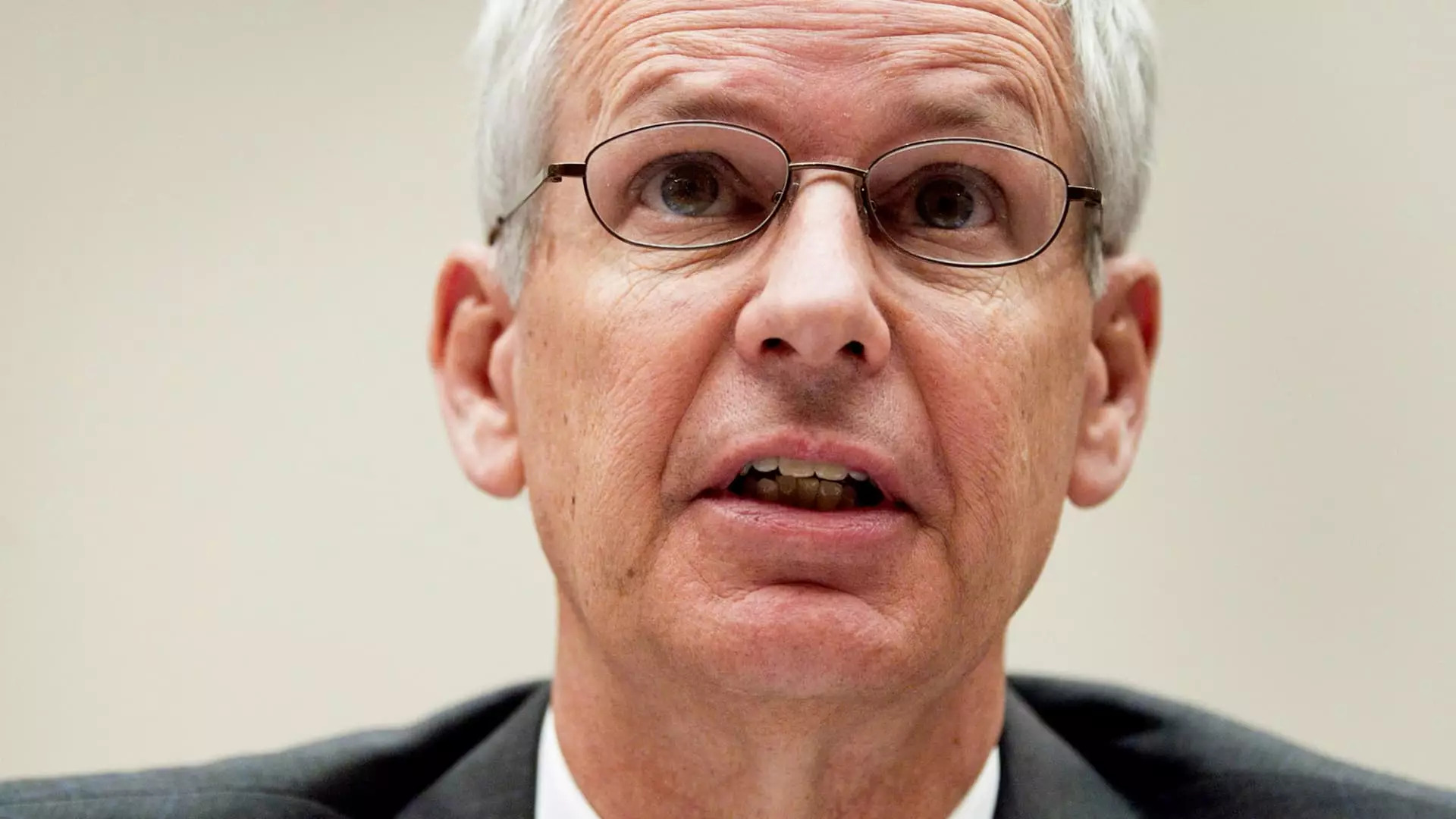In the ever-evolving landscape of content distribution and telecommunications, the trajectory of Dish Network appears to resemble the fabled series finale of “Seinfeld”—a grand buildup leading to an anticlimactic conclusion. Once hailed as an innovative contender in the pay-TV arena, Dish now finds itself grappling with a series of strategic missteps and mounting financial pressures, culminating in its recent sale to DirecTV. This predicament begs the question: what went wrong?
Founded in the 1990s, Dish Network began as a pioneer in satellite television technology, promising viewers an alternative to traditional cable services. With a slew of channels and innovative offers, it quickly gained a substantial market share. However, cofounder Charlie Ergen’s metaphor of a “Seinfeld” episode proved prophetic. While the show began with multiple plot lines without clear resolution, so too did Dish’s journey. Rather than swiftly capitalizing on momentous technological shifts such as broadband streaming, the company became mired in a muddle of strategic ambitions—including a misguided attempt to pivot to wireless services.
The path forward seemed uncertain as the company veered from one initiative to another. Instead of a cohesive strategy focused on maximizing its pay-TV capabilities, Dish became entangled in the dual challenges of maintaining its traditional offerings while exploring the complexities of a wireless business model. This divided focus detracted from its core competencies and led to challenges in execution.
The momentous announcement of Dish’s sale to DirecTV signified more than a change of ownership; it represented a stark reality check. EchoStar, Dish’s parent company, sold the pay-TV provider for a nominal fee paired with a staggering $9.75 billion in debt. Such a move followed years of declining value, where Dish’s enterprise value mirrored the trajectory of a once-beloved sitcom spiraling into irrelevance.
Reflecting on the earlier merger discussions between Dish and DirecTV in 2014, it becomes evident how drastically times have changed. Back then, DirecTV commanded a market cap of approximately $40 billion while Dish held a valuation of over $28 billion. Fast forward nearly a decade, and the landscape has altered unfavorably for Dish, which has lost more than 63% of its video subscribers since 2016. The rise of streaming services and high-speed wireless alternatives has eclipsed traditional satellite broadcasting, rendering Dish’s once-pioneering services rather antiquated.
Acquiring Boost Mobile as a strategic play in 2019 could have been Dish’s chance to reinvigorate its business model. However, without a deeply entrenched partner to support capital investments, the initiative faltered. EchoStar CEO Hamid Akhavan highlighted the pitfalls of focusing on multiple directions, emphasizing that the scattershot approach created not just financial woes but also management distractions. As the company rushed to adapt amid evolving consumer preferences, it lost control of its core business, leading to a situation where neither pay-TV nor wireless services could thrive.
As Dish attempted to chase wireless ambitions, its operational model became burdened with costs that plummeted in returns due to mass subscriber defections. Cowed by dwindling revenue from its satellite model, the company found it increasingly difficult to sustain its wireless aspirations. In a market dominated by giants like AT&T and Verizon, nimble competitors eliminated virtually all room for outdated business models.
Dish’s denouement in the telecommunications sector is reminiscent of the lukewarm reception of “Seinfeld’s” series finale. Just as viewers expected more from a series that had delivered countless iconic moments, investors and shareholders anticipated a more fruitful conclusion to Dish’s storied history. Instead, they witnessed a culmination fraught with disappointment—an unexpectedly low sale price coupled with burgeoning liabilities.
The path drawn out by Charlie Ergen may have begun with potential but has thus far led to disarray, drawing laughs but ultimately inspiring little confidence. The modern telecommunications narrative demands more than nostalgia; it requires forward-thinking strategies grounded in consumer patterns and technological innovations. Without those, companies like Dish will continue to echo the disappointments of their past.

